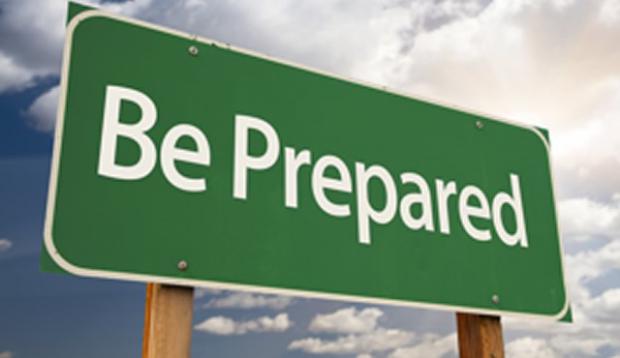
Breaking News
 War on Words: Both Parties Try to Silence Speech They Don't Like
War on Words: Both Parties Try to Silence Speech They Don't Like
 Low Interest Rates Don't Have the Stimulus the Economy Craves
Low Interest Rates Don't Have the Stimulus the Economy Craves
 "What's About To Happen Is Not A Coincidence" | Whitney Webb
"What's About To Happen Is Not A Coincidence" | Whitney Webb
 Future of Satellite of Direct to Cellphone
Future of Satellite of Direct to Cellphone
Top Tech News
 3D Printed Aluminum Alloy Sets Strength Record on Path to Lighter Aircraft Systems
3D Printed Aluminum Alloy Sets Strength Record on Path to Lighter Aircraft Systems
 Big Brother just got an upgrade.
Big Brother just got an upgrade.
SEMI-NEWS/SEMI-SATIRE: October 12, 2025 Edition
 Stem Cell Breakthrough for People with Parkinson's
Stem Cell Breakthrough for People with Parkinson's
 Linux Will Work For You. Time to Dump Windows 10. And Don't Bother with Windows 11
Linux Will Work For You. Time to Dump Windows 10. And Don't Bother with Windows 11
 XAI Using $18 Billion to Get 300,000 More Nvidia B200 Chips
XAI Using $18 Billion to Get 300,000 More Nvidia B200 Chips
 Immortal Monkeys? Not Quite, But Scientists Just Reversed Aging With 'Super' Stem Cells
Immortal Monkeys? Not Quite, But Scientists Just Reversed Aging With 'Super' Stem Cells
 ICE To Buy Tool That Tracks Locations Of Hundreds Of Millions Of Phones Every Day
ICE To Buy Tool That Tracks Locations Of Hundreds Of Millions Of Phones Every Day
 Yixiang 16kWh Battery For $1,920!? New Design!
Yixiang 16kWh Battery For $1,920!? New Design!
 Find a COMPATIBLE Linux Computer for $200+: Roadmap to Linux. Part 1
Find a COMPATIBLE Linux Computer for $200+: Roadmap to Linux. Part 1
The Social and Psychological Cost of Preparedness, by A.C.

The act of preparing for an emergency is almost universally portrayed in popular culture as a solitary, dramatic, and often paranoid pursuit. Hollywood tends to show only the aftermath, illustrating the lone survivor who only needs their preps, but the reality of the emotional and social journey toward self-sufficiency is frequently ignored.
While preparedness can offer immense psychological benefit by converting generalized anxiety into tangible action, the path to this state of quiet confidence is frequently fraught with significant mental and social challenges. Anyone who commits to self-sufficiency must not only manage their stockpiles of supplies but also navigate the real social cost and the psychological pitfalls that come with this lifestyle that is often labeled as "fringe".
One of the most immediate challenges for the prepared individual is the social toll it takes, often stemming from the pervasive fear of being seen as "that guy"; the overly paranoid, alarmist, or extreme member of your social circle. Having discussions about extensive preparations with people in your social circles highlights a significant difference in priorities and worldviews, which can quickly lead to a sense of disconnect or alienation among friends and family. This social friction is often rooted in misunderstood motives; people who do not share a prepper's mindset see preparation as paranoia or an unhealthy fixation, leading to ridicule and a feeling of being judged.
This alienation can be compounded by two internal struggles. First, we as preppers may develop a "liability" mindset, subconsciously viewing non-preppers as potential burdens to us in a crisis, which erodes trust and makes forming new, meaningful social connections difficult outside of the dedicated prepping community. Second, to avoid overt judgment, many preppers resort to the social cost of secrecy. This choice, while protective against ridicule, leads to a profound sense of loneliness and a lack of authentic connection, as they cannot be their full selves around those closest to them. This heightened sensitivity to social rejection is so profound that it aligns with a psychological concept known as Rejection Sensitive Dysphoria (RSD, coined by psychiatrist William Dodson) which drives many individuals to avoid honesty to prevent emotional distress or ostracism, even when recommending something as simple as a podcast about preparedness.
The mindset of preparedness presents a dual-edged psychological reality; while the proactive nature of prepping can be a powerful management tool by reducing generalized anxiety and taking tangible control over variables, the anxiety that initiates preparation can become a major burden.



